The example of Katalin Karikó
Despite the fact that the news portals are full of articles about Katalin Karikó and Ferenc Krausz's Nobel Prize, it is worth reading our ERC grant-winning Principal Investigator István Katona's thoughts on Katalin Karikó and the significance of her Nobel Prize.
"Today is a big day. It was fantastic to wake up to the news that Katalin Karikó has been awarded the Nobel Prize in Medicine!
I am obviously biased, but I will say that her career and the social and medical impact of her achievements are outstanding among Nobel laureates. Her example can help us all to achieve greater scientific results.
I've bullet-pointed some of the lessons I have in mind.
1. Throughout her scientific career, she believed deeply in her scientific vision. She did not pursue her research opportunistically, always following fashionable trends, but had a big goal towards which she was able to move in small steps with humility and patience.
2. Despite decades of experimental and scientific policy failures, she never gave up on her scientific goal. She was downsized at home and never won a major grant in America. It is shocking to think about it now.
3. In recognition of her outstanding academic achievements, she won the People's Republic Scholarship (1975-78) and was awarded the title of "Honorary Citizen of the City of Kisújszállás" by the Municipality of Kisújszállás, where she grew up, in 2009, but recognition from the scientific community was not to come until 2020.
But she was never driven by a desire for professional recognition, but by an inner fire to understand a biological mechanism (why injecting plain mRNA causes inflammation) and to find a way to develop something useful from it. There was a time when she made less money than a fast-food vendor.
4. As a woman and a mother, she was able to achieve amazing results in the then male-dominated field of science decades earlier. She and her husband were able to raise their daughter to become a two-time Olympic champion and a university graduate. It takes amazingly disciplined time management and logistical skills to balance work and private life in this way.
5. What is quite incredible to me is that she was also, to my knowledge, an active experimenter until she was nearly 60. She published his Nobel Prize-winning paper on his own experimental results at the age of 50.
6. Nature, the world's most prestigious journal, rejected this study because they did not find it sufficiently exciting and important. Although Immunity, where it was published, is also a very strong journal, for a long time almost no one paid attention to the article. It was hardly cited.
The next two articles, which were critical for therapeutic application, were published in journals with good but not "boutique" names (Molecular Therapeutics and Nucleic Acid Research).
7. Finally, her today's, which totally impressed me. She began by giving young people a boost and drawing attention to the fact that to achieve serious results, physical and mental health is needed, and that everyone needs to learn stress management techniques very early on.
In his second message, she quoted another eminent scientist, János Selye: "Let us always concentrate on what we can change, not on others, because that is no way to move forward." This is also a brilliant message. It is true that it is often difficult to follow, but it is the spirit we should strive for.
And two more thoughts on the importance of the achievements of Katalin Kariko and why I believe that the social and health impact of her work is second to none among Nobel laureates.
8. The Covid-19 epidemic was a terrible disaster. It is very difficult for individuals, communities, and societies. Yet I am optimistic that in 50 years' time, we will look back on these years as a success story for medicine. Never in the history of medicine has a vaccine been developed so quickly. The fact that vaccination has enabled us to resume everyday life so quickly and not have to live in semi-confinement and fear for another 3-4 years is of enormous mental, social, and economic significance.
9. COVID-19 has bizarrely allowed to be tested the effects and side-effects of a previously unknown, and therefore understandably risky health method very quickly and in large numbers. There is no perfect medicine for everyone, no health intervention is without risk of side effects. However, the large number of results in recent years has paved the way for mRNA vaccines to help control other viruses. In fact, it is hoped that the real significance will come in oncology, where immunotherapy against previously untreatable cancers will be possible with vaccines.
However, it is important to add that the development and testing of vaccines involves a lot of work by thousands of very clever people.
I am also a little sorry that Pieter Cullis, the developer of lipid nanoparticles (LNP), is not the third person to be honored, because without these particles as far as I know, there would be no vaccines today."





